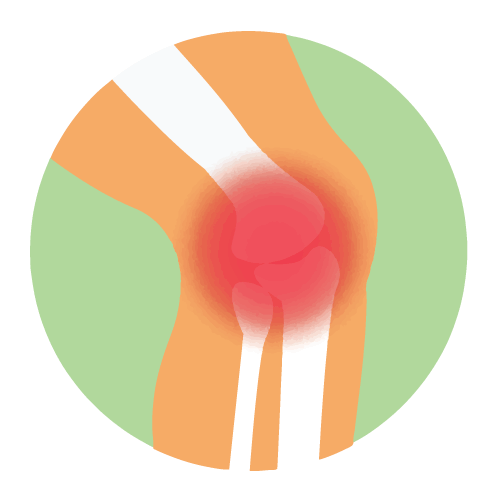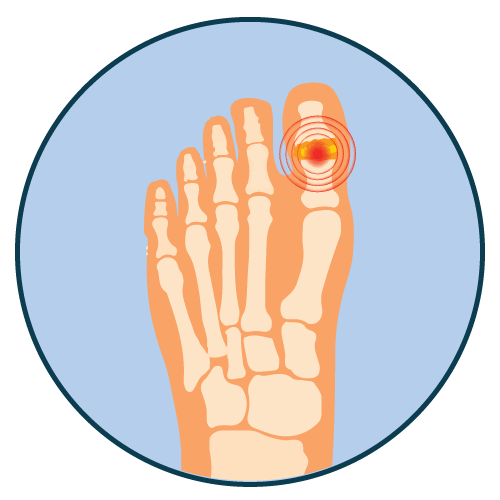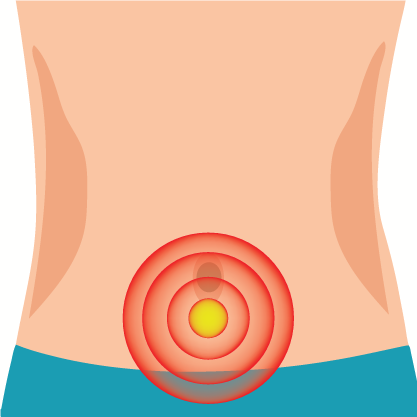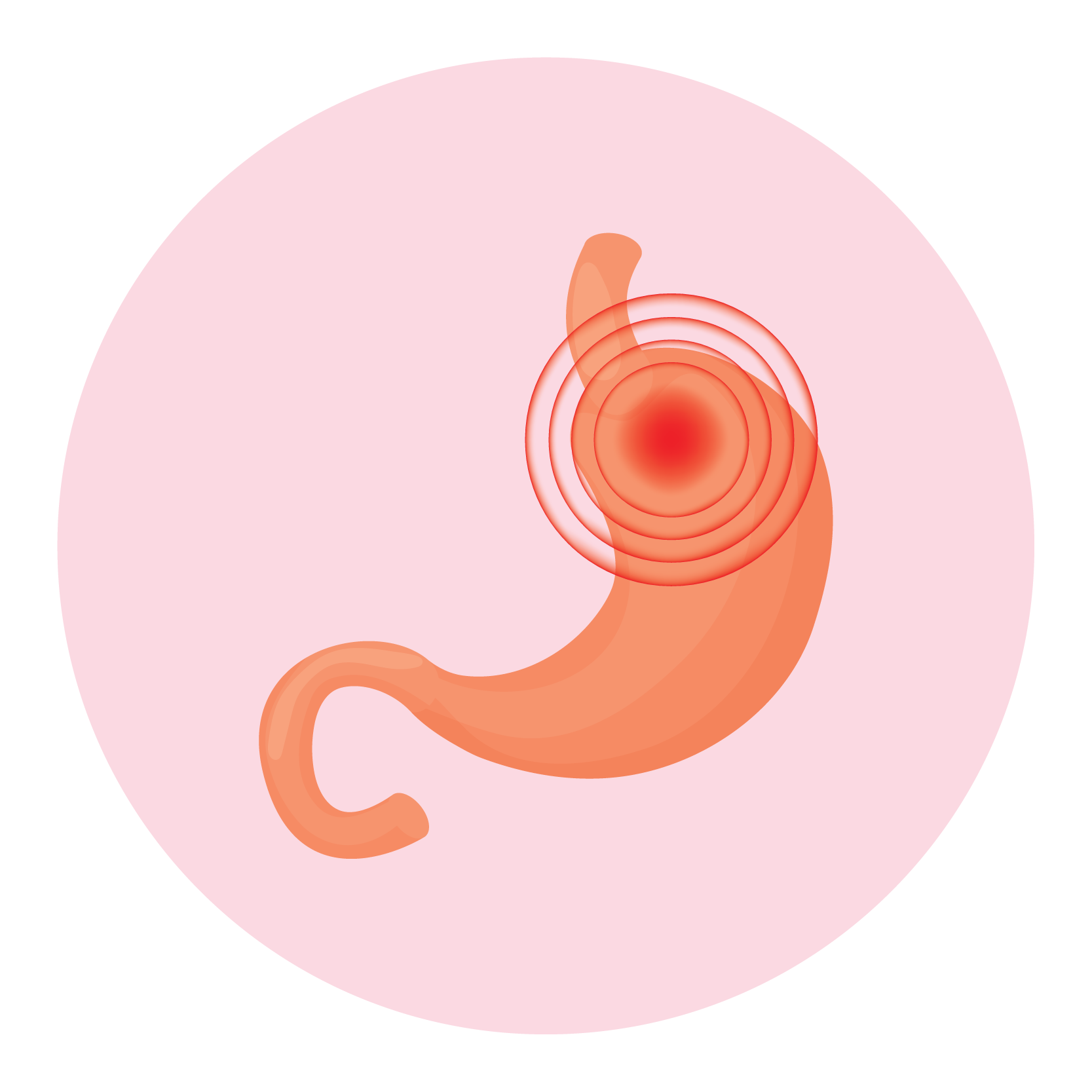Medicine details
| Image |  |
| Name | Clinorel 100 |
| Dosage | Tablet |
| Generic Name | Sulindac |
| Classes |
Analgesic / Pain Killer Central Nervous System Agent NSAID |
| Diseases |
Ankylosing Spondylitis Bursitis Gout Inflammatory Disease Osteoarthritis Rheumatoid Arthritis Tendonitis |
| Company | Opsonin Pharma Limited |
Drug Package Details
| Strength | 100 mg |
| Storage Condition | |
| Origin Country | Bangladesh |
| Commercial Pack | 50 |
| Price per pack | ৳ 250.00 |
| Cost per pack | ৳ 220.00 |
| Package unit | 10 tabs strip |
| Price per unit | ৳ 5.00 |
| Cost per unit | ৳ 4.40 |
| Discount | 0 |
| Coupon | |
| Remarks |
Sulindac
Sulindac is a non-steroidal, anti-inflammatory indene derivative. It is not a salicylate, pyrazolone or propionic acid derivative.
Sulindac is indicated for acute or long-term use in the relief of signs and symptoms of the following:
- Osteoarthritis
- Rheumatoid arthritis
- Ankylosing spondylitis
- Acute painful shoulder (Acute subacromial bursitis/supraspinatus tendinitis)
- Acute gouty arthritis
- SULINDAC should be administered orally twice a day with food. The maximum dosage is 400 mg per day. Dosages above 400 mg per day are not recommended.
- In osteoarthritis, rheumatoid arthritis, and ankylosing spondylitis, the recommended starting dosage is 150 mg twice a day. The dosage may be lowered or raised depending on the response.
- In acute painful shoulder (acute subacromial bursitis/supraspinatus tendinitis) and acute gouty arthritis, the recommended dosage is 200 mg twice a day. After a satisfactory response has been achieved, the dosage may be reduced according to the response.
- In acute painful shoulder, therapy for 7-14 days is usually adequate. In acute gouty arthritis, therapy for 7 days is usually adequate.
- Cardiovascular Risk:
- NSAIDs may cause an increased risk of serious cardiovascular thrombotic events, myocardial infarction, and stroke, which can be fatal. This risk may increase with duration of use. Patients with cardiovascular disease or risk factors for cardiovascular disease may be at greater risk.
- SULINDAC is contraindicated for the treatment of peri-operative pain in the setting of coronary artery bypass graft (CABG) surgery.
- Gastrointestinal Risk
- NSAIDs cause an increased risk of serious gastrointestinal adverse events including bleeding, ulceration, and perforation of the stomach or intestines, which can be fatal. These events can occur at any time during use and without warning symptoms. Elderly patients are at greater risk for serious gastrointestinal events.
Contraindication
- Sulindac is contraindicated in patients with known hypersensitivity to sulindac or the excipients.
- Sulindac should not be given to patients who have experienced asthma, urticaria, or allergic-type reactions after taking aspirin or other NSAIDs. Severe, rarely fatal, anaphylactic/anaphylactoid reactions to NSAIDs have been reported in such patients.
Sulindac is contraindicated for the treatment of peri-operative pain in the setting of coronary artery bypass graft (CABG) surgery.









 Bangla
Bangla English
English